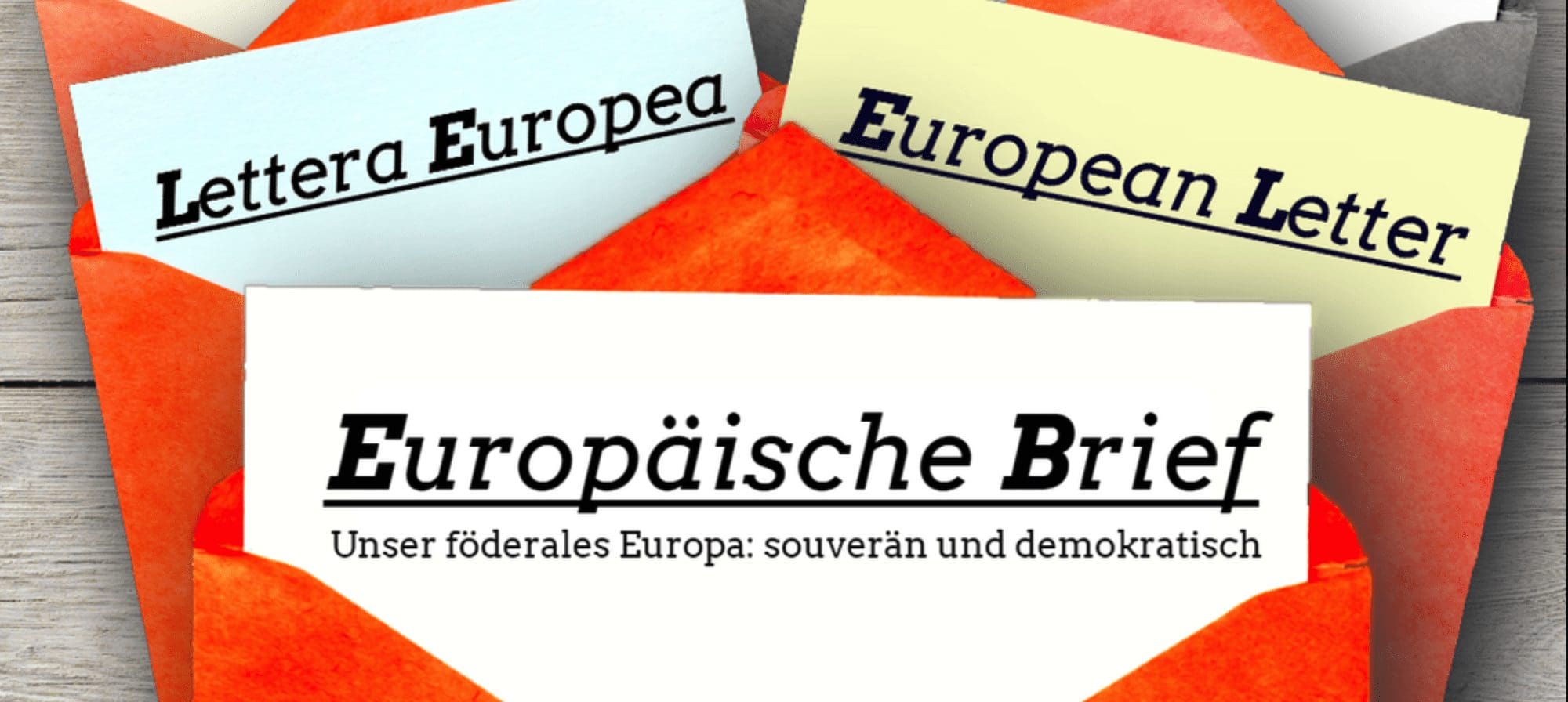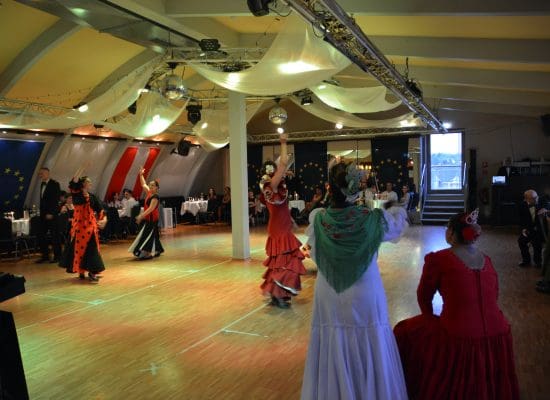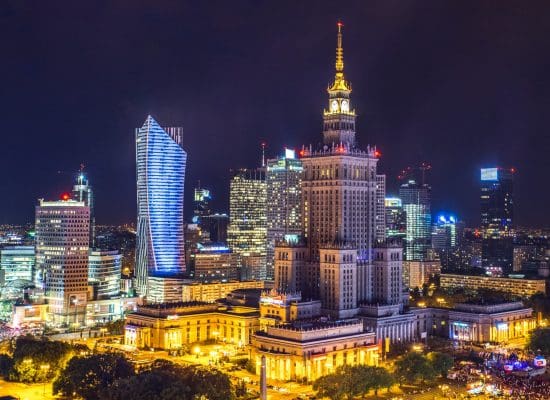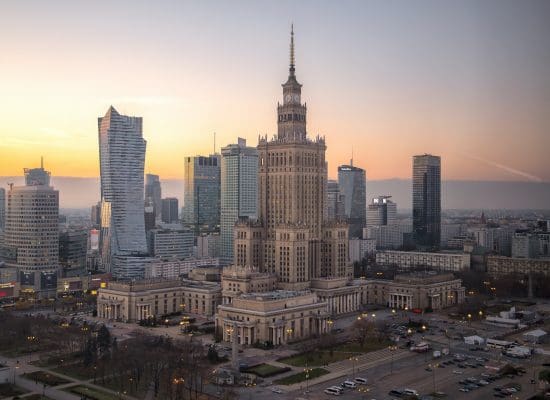Post photo: sample image
With the start of the conference on the future of Europe, the publication of the European letter resumed. But from now on, the European letter will no longer be printed, but published online.
I have been a reader of the Europäische Brief for years and am now pleased that it is available again and is now available to everyone. Here you can access the website and the archive for the years since 1997. However, the archive in Italian is the most up-to-date. [Direct access to the archive is no longer available].
The European Letter is published in five languages under the auspices of the European Foundation Luciano Bolis and is an initiative in support of the Union of European Federalists' campaign “Our Federal Europe: Sovereign and Democratic”.
target of European letter, which has so far been sent mainly to European politicians and national politicians in the member states, is to contribute to the current debate about the future of Europe in the conviction that the next few years will be crucial for renewing the EU and reconciling it with the political with the institutional tools needed to meet citizens' expectations and advance their ambitious political agenda.
This European letter from March 2021, also published here in this article, calls for the Conference on the future of the European Union published by the UEF and the Spinelli Group (European Parliament) on the occasion of the signing of the joint declaration by the three European institutions on March 10, 2021, to join forces determined to build a federal, sovereign and fight for a democratic Europe.
I think it's a good idea to draw attention to this joint campaign and the idea behind it of spring as autumn is slowly coming to an end. In Italy, this appeal first appeared in the online magazine EU news, in France at La Croix, in Spain in El Mundo. Unfortunately, I can no longer determine whether and in which German newspaper this appeal appeared.
Many citizens of the Union had eagerly awaited the start of the conference on the future of Europe in the spring, and since then - unfortunately hardly noticed by the majority of the population - a few citizens have taken part in the formats offered and contributed with commitment and ideas.
The conference on the future will also be mentioned again at this year's federal congress of the EUROPA-UNION Germany next weekend. Unfortunately, this conference, like everything else, is what Ursula von der Leyen, tackled with great fanfare, then buried without song and song — the reason why she is always happily enthroned.
The aim of the "European" professional policy is the same as it was in 1948, namely to offer us European federalists a "talking shop" again and again, where we can cool off our enthusiasm for a better world in in-depth discussions. Meanwhile, our people's representatives are working quietly and secretly on the restoration of the nation states and rejoice at every opportunity when borders are closed and walls are built.
And we all continue to dream of everything turning for the better big change, which - and this is our only premise - must not change anything at all!
So the big "announcers" - whether in Europe or in the church - will continue to be raised on our shields because we all know that they will change absolutely nothing.
And everyone who warns that "close your eyes and keep your eyes open", the negation of scientific knowledge or even the negation of reality are not viable solutions, they are silenced, or these "dreamers, cranks and fantasists" are made fun of.
European Letter N° 73 | March 2021
Our federal Europe: sovereign and democratic
At turning points in history, in order not to slide into irreversible decline, communities must be able to adapt their institutions to prepare them for the new realities. After the end of the Cold War, the European Union took a first, decisive step towards adapting its institutions with the creation of the monetary union; however, it was unable to agree on a real fiscal and social policy for the euro. Later, with the Lisbon Treaty, it strengthened the legislative role of the European Parliament but again failed to create a strong economic and political union to complete the euro.
As a result, the EU was unable to respond effectively to the first major challenges and crises of the 21st century: the 2008 financial crash, the 2015/2016 migration flows, the rise of national populism and the Brexit referendum in 2016 XNUMX. This failure has also led to an empowerment of national governments – as evidenced by the now excessive concentration of power within the European Council, whose action is blocked by opposing national vetoes – and the EU's chronic inability to adopt a common foreign policy develop capable of promoting Europe's common strategic interests.
But now the tone has changed. Faced with an unprecedented public health crisis and the corresponding collapse of its economies, Europe has responded with unity and determination, even showing the way forward for European integration: laying the foundations for a “Europe of Health”, starting with an unprecedented common one Vaccination strategy and a stimulus plan to be funded through joint bonds and repaid with proceeds from new EU taxes levied on digital and financial giants and polluting industries. This federal plan represents a major step towards creating a financial and fiscal union capable of asserting European sovereignty both at home and abroad, and as such it must become permanent.
Now, as European citizens, we eagerly await the start of the Conference on the Future of Europe, an event designed to bring together citizens, civil society leaders, NGOs, trade unions and representatives of national and European institutions to debate and decide how our Institutions can be adapted to complete the construction of our federal Europe. And their efforts must be guided by a clear recognition that the fundamental decisions about common borrowing and taxation cannot remain indefinitely in the hands of national governments alone, but must be made in an effective, transparent and democratic manner.
That is why we need and want today a strong, legitimate and adequately funded political union that can tackle the grand transnational challenges of our time and is resolute in a wide range of policy areas – from climate change, growing social inequalities, health and migration to foreign policy and defence acts. Furthermore, we demand a stronger pan-European democracy - real European political parties and movements, and proper campaigns for the European elections, based on the creation of a pan-European constituency and transnational electoral lists led by the candidates for President of the European Commission.
We aspire to a Union that is at once a community of destinies and values and a model for the new world that is now taking shape - an example of how countries can live together in peace, build cross-border and social solidarity and protect human rights, the rule of law and fundamental freedoms .
We firmly believe that our future lies in a democratic and sovereign Europe. And the time to build it is now: it's now or never. Let's not miss this opportunity.
first signer
Sandro Gozi, President of the Union of European Federalists (UEF) and Member of the European Parliament (Renew Europe)
Brando Benifei, Chair of the Spinelli Group and Member of the European Parliament (Socialists & Democrats, S&D)
Esteban Gonzalez Pons, Vice-President of the Group of the European People's Party (EPP) in the European Parliament and Member of the European Parliament
Danuta Hubner, Former Member of the European Commission, EPP Spokesperson in the Committee on Constitutional Affairs of the European Parliament and Member of the European Parliament
Domenec Ruiz Devesa, Vice-President of the UEF and Spokesperson for the S&D in the Committee on Constitutional Affairs in the European Parliament and Member of the European Parliament
Pascal Durand, Spokesman for the Renew Europe Group in the Committee on Constitutional Affairs of the European Parliament and Member of the European Parliament
Daniel friend, Member of the European Parliament (Greens/EFA) and representative on the Executive Board of the Conference on the Future of Europe
Damian Boeselager, Spokesman for the Greens/EFA in the Committee on Constitutional Affairs in the European Parliament and Member of the European Parliament
Dimitrios Papadimoulis, Vice-President of the European Parliament and Member of the European Parliament (GUE/NGL) Europeo (GUE/NGL)
Fabio Massimo Castaldo, Vice-President of the European Parliament, Movimento 5 stars







